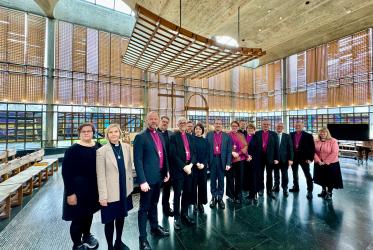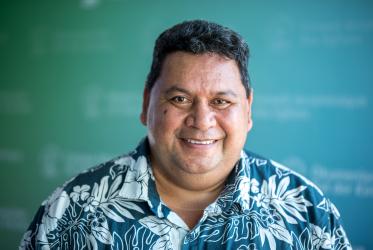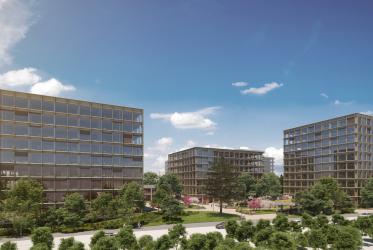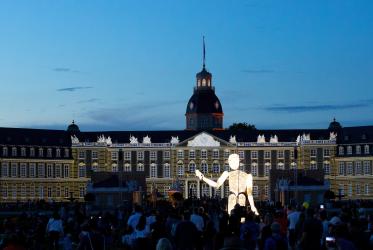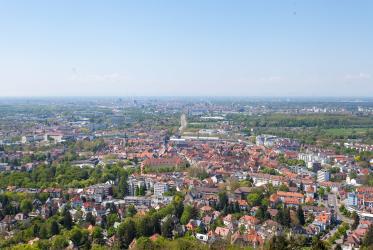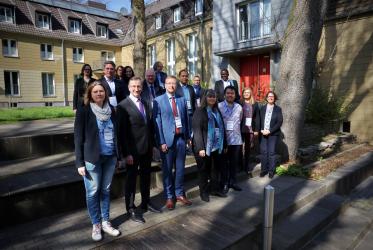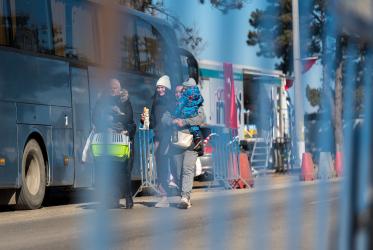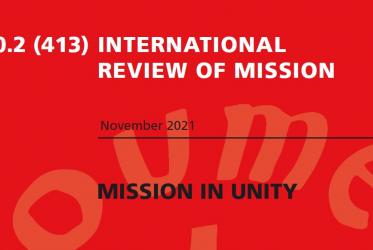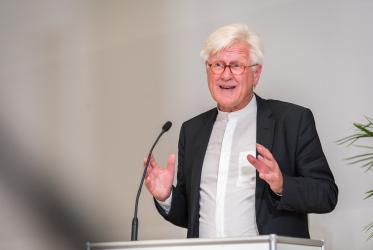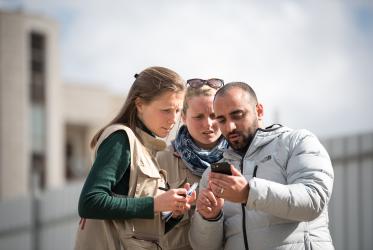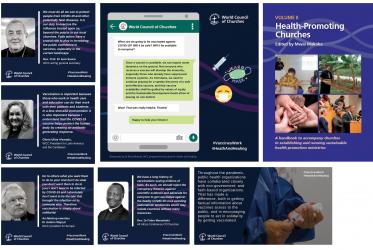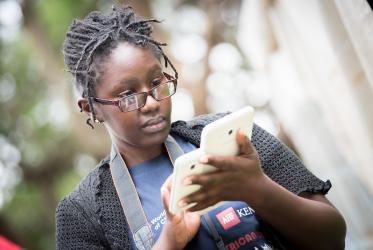Displaying 1 - 20 of 111
Uppsala 1968: The times, they were a’changing
06 September 2022
Brunnen: a well of faith-inspired initiatives
01 September 2022
WCC consultation reflects on future of health ministry
15 October 2021
Scottish and UK religious leaders call for urgent climate action
20 September 2021
Digital communicators weigh a future with “profound values at stake”
16 September 2021
